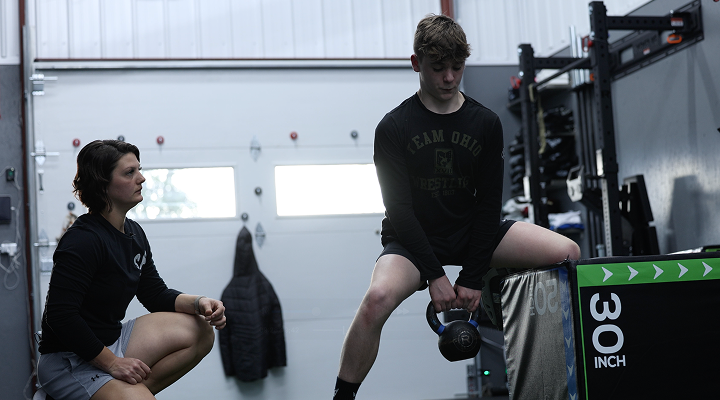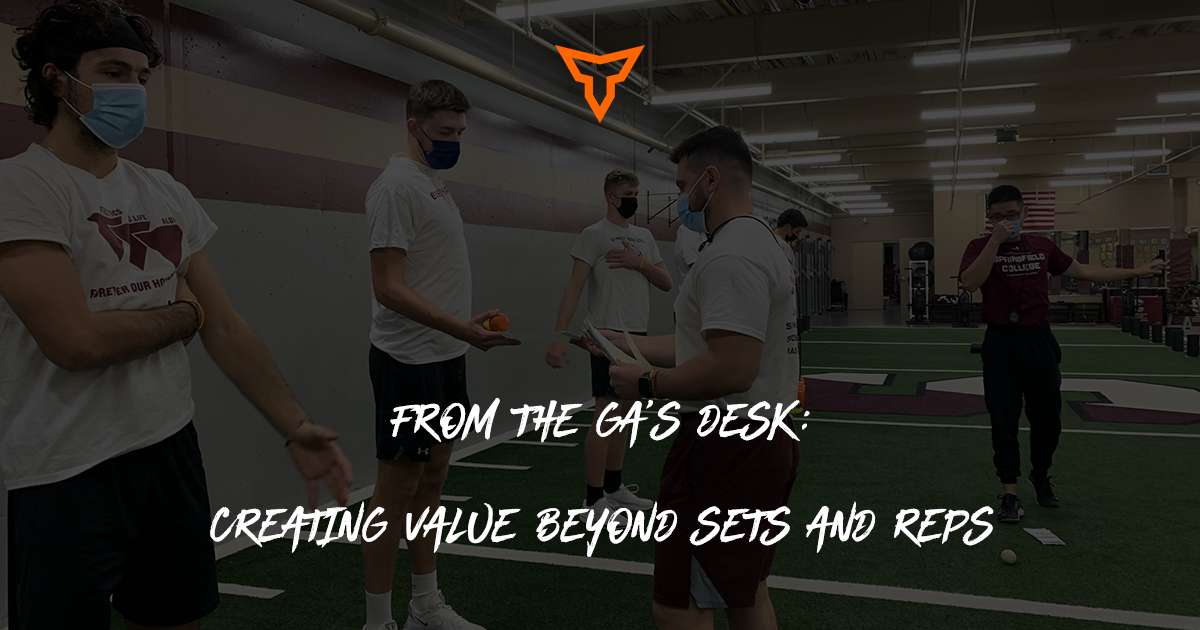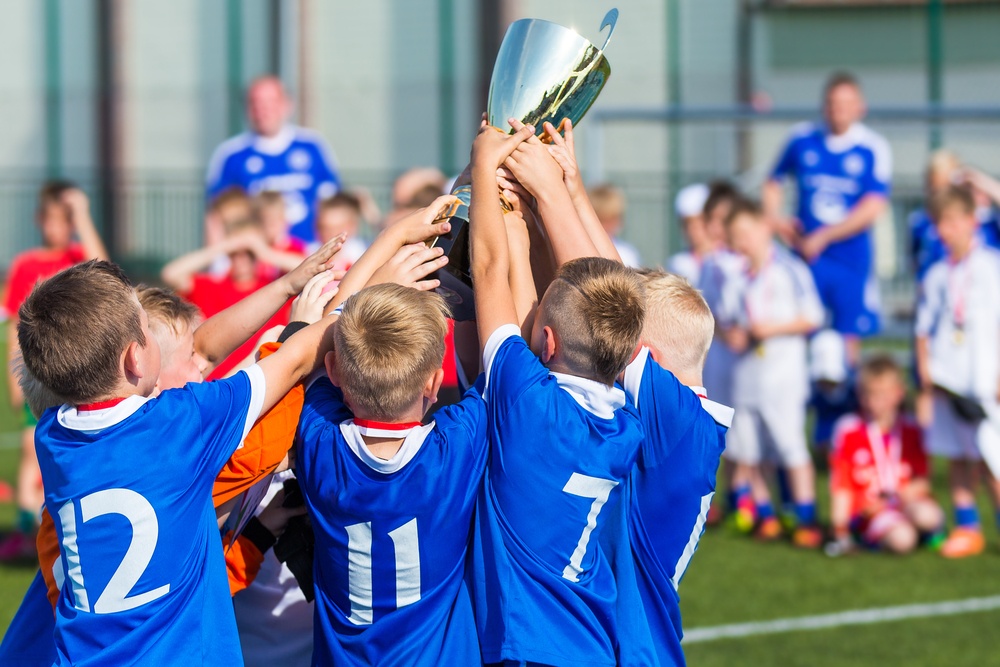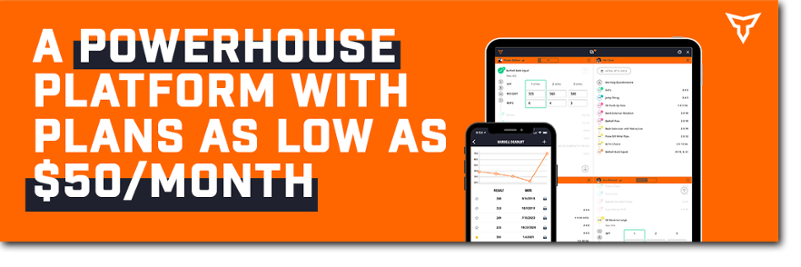Sport Psychology Starter Pack: What to Focus on with Your Athletes
It may seem counterintuitive, but in order to get our athletes started, we have to first start with ourselves as parents and coaches. Other than their teammates, we have the most direct influence on our athletes' experience in sport. We have the power to make or break their experiences and we are the creators of the environment they live and play in.
That being said, with great power comes great responsibility and we must not take that responsibility lightly. To steal from the physicians’ Hippocratic Oath, we must first make sure we’re doing no harm. Many of us parents and coaches came up with less-than-ideal coaching role models. We had toughness sometimes literally beat into us - it was “no pain, no gain” and the mentality was to break athletes down before building them back up. So, the first step in the Sport Psychology Starter Pack is that if we’re causing harm (even inadvertently) then we need to first not do further harm.
To do this, write a list of attributes or things you want their students, athletes, and children to experience. Things like fun, confidence, winning, teamwork etc. Once you have your list of the experiences you want for them, write down everything you can think of that would help them to build those attributes, and get specific! For each experience, break it down into what could be done daily, weekly, and then in general to build those experiences. For example, if one of the experiences is confidence, describe everything they would do to build confidence on a daily basis - maybe telling each athlete something they did well at practice that day. Continue doing so for weekly and in general, and repeat for each experience.
The next thing is to write down everything you can think of to destroy those attributes or experiences. For example, if we’re talking about confidence, what are the things that you could do to destroy confidence? Same goes as above - write down for daily, weekly and in general things that would destroy that experience or attribute.
I remember the first time Dr. & Coach Rick McGuire took me and my classmates through this exercise, I was in complete shock! I realized in that moment we were doing the exercise that just earlier that morning when I was coaching, when I thought I was trying to build confidence, I had actually destroyed it!
There are subtle differences in our language that can be received as demanding or demeaning - but to us, as parents and coaches, we’re trying to create the best experience using the role models we had. It’s often tough to remember the way it made us feel in the moment all those years ago which is why these exercises can be so powerful.
This exercise is called building construction models. You first start with the experiences and attributes you want your athletes/ students to come away with. You then write down all of the things that would build them and the things that will destroy that confidence.
Here’s an example of what it might look like for confidence as mentioned above:
Things that build confidence.
- Affirmations (you’re doing great!)
- Encourage practice (keep going, you’ll get it!)
- Positive feedback (good effort!)
- Teaching technique and fundamentals
- Spending extra time
Things that destroy confidence.
- Telling athlete they suck
- Sarcasm
- Cursing Athletes
- Providing little to no instruction
- Demeaning an athlete
What will you do daily to build confidence? What will you do weekly to build confidence? What will you do generally to build confidence? What will you never do because it destroys confidence?
This is a very simple exercise but it might be harder than you think once you list out all of the experiences you want for your athletes and the attributes you’re hoping they develop; and then build a construction model for each of those attributes.
Once you have your models created, you can begin implementing them daily, weekly and in general with your athletes to promote those desired experiences and attributes. Watch how your athletes respond, watch how your verbiage likely changes, and observe how the experiences and attributes are continually reinforced, and thus come to fruition.
If you want to read more on this please find the book called “Winning Kids with Sport” by Dr. Rick McGuire. I know I’m biased (I wrote the chapter on mental toughness and willpower in this book), but it’s my go-to recommended resource for beginning Positive Sport Psychology.
Subscribe to our blog
Subscribe to receive the latest blog posts to your inbox every week.
Related posts

Motivating Your Clients During a Pandemic

From the GA's Desk: Creating Value Beyond Sets and Reps


